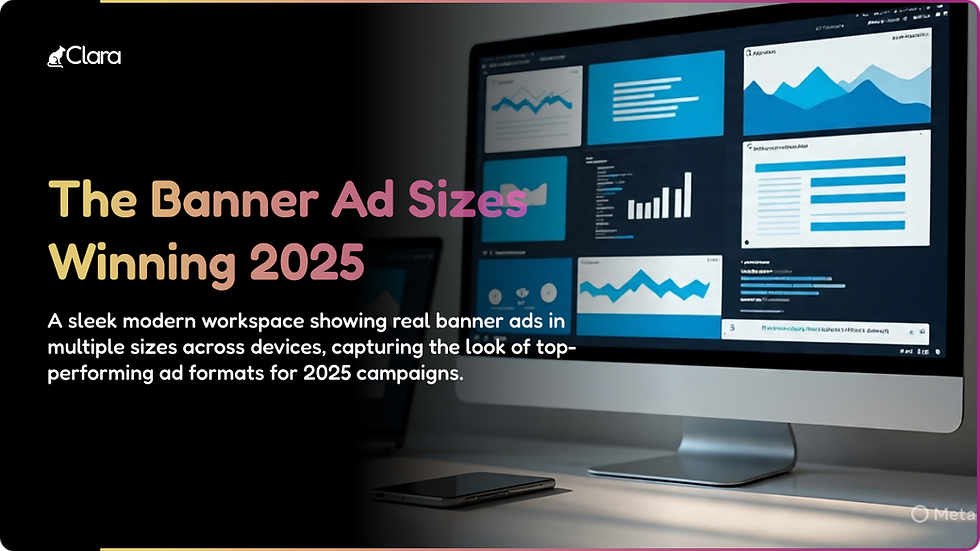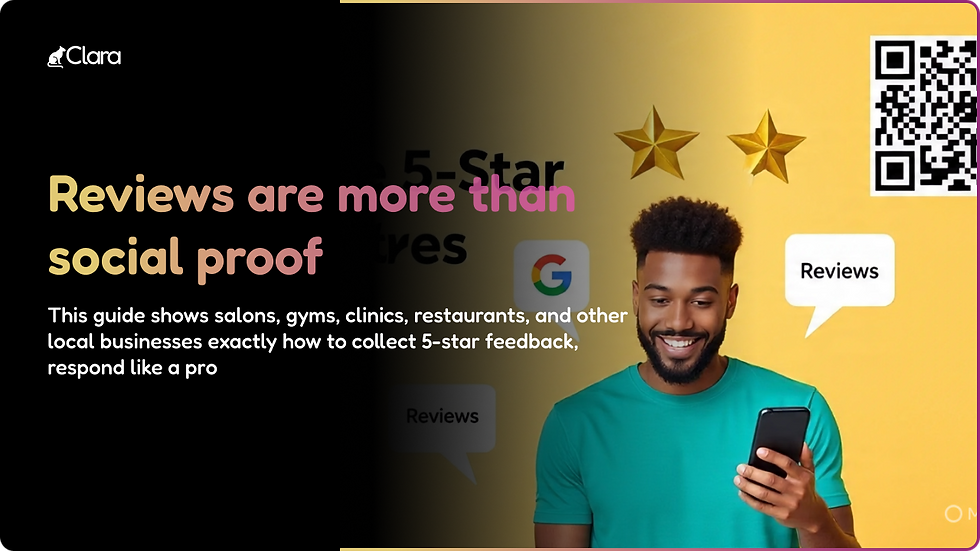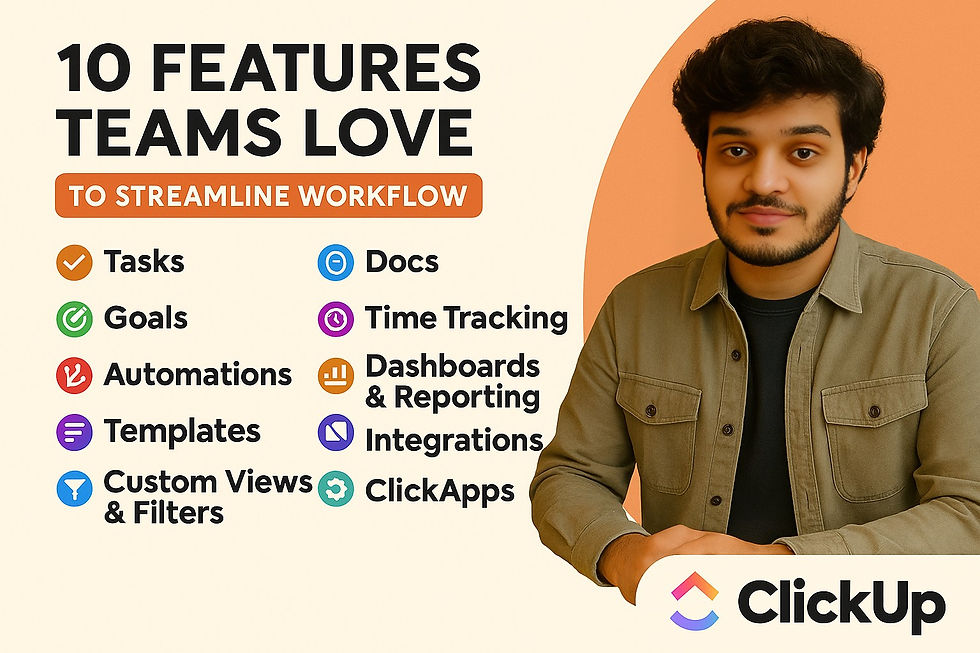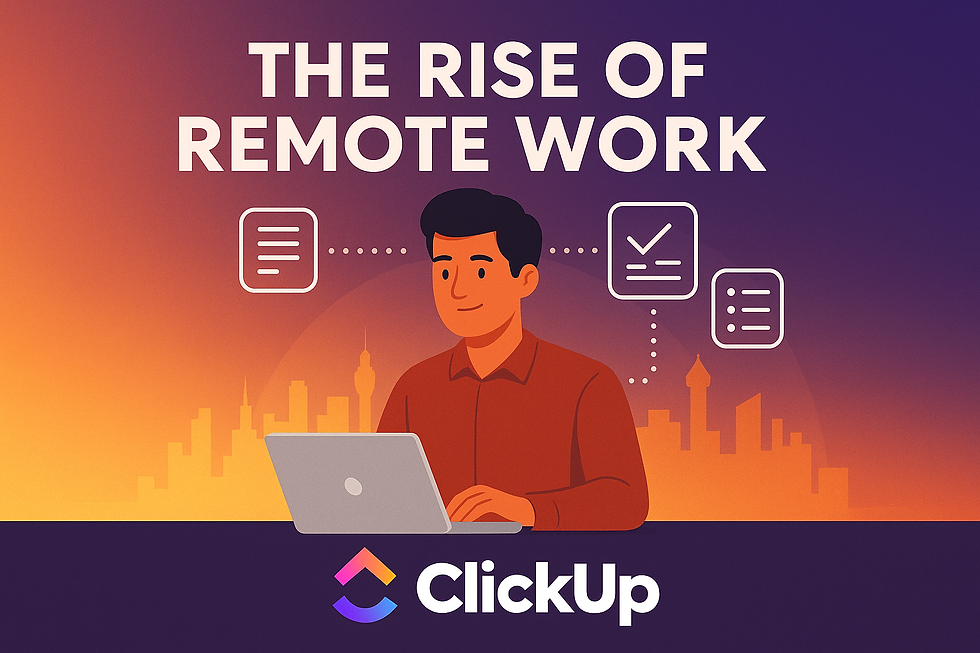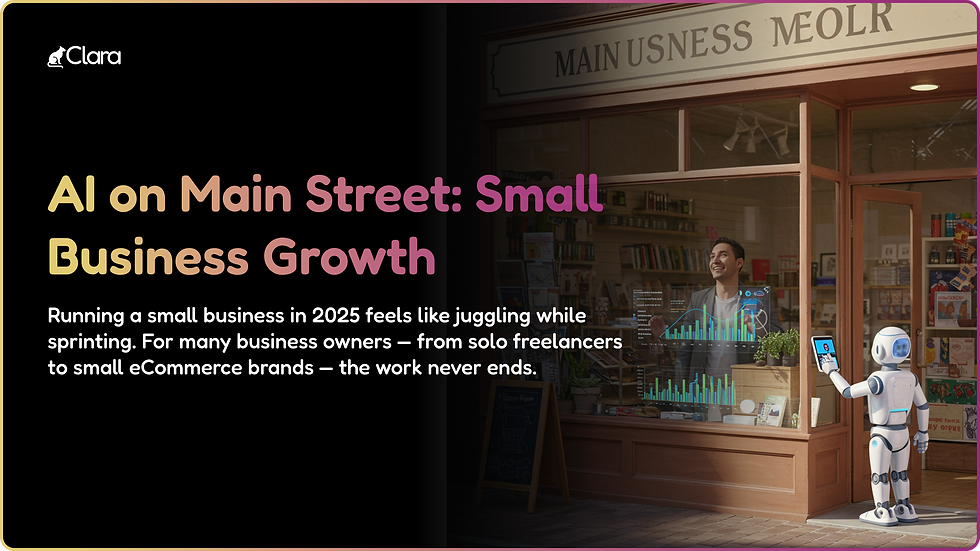- Dravya Bansal
- Aug 13
- 2 min read
Why Businesses Need the Right Project Management Tool
Selecting the right project management software is critical for today’s businesses, as the chosen platform shapes how teams collaborate, track work, scale operations, and adapt to new challenges(see the generated image above). With so many options—each excelling in different areas—the comparison between ClickUp vs Trello, ClickUp vs Asana, and ClickUp vs Notion is more relevant than ever. The ideal solution should balance ease of use, robust features, and flexible workflows for every kind of team(see the generated image above).
Comparison Table: ClickUp vs. Trello, Asana, Notion
Platform | Ease of Use | Pricing | Features | Scalability |
ClickUp | Intuitive, moderate learning | Free & paid tiers, affordable plans(see the generated image above) | All-in-one: tasks, docs, goals, chat, automation | Highly scalable |
Trello | Very easy, visual | Free & paid, limited features | Simple boards, lists, cards | Basic to moderate |
Asana | User-friendly | Free & paid, higher cost | Task tracking, project timelines | Scales for mid-size |
Notion | Easy, flexible | Free & paid, varies | Notes, databases, docs | Scales for docs/notes |
(see the generated image above)
Key Differences: Customization, Views, Automation
Customization: ClickUp stands out with its deep customization, allowing custom statuses, fields, and workflows, unlike Trello’s basic card system or Notion’s table-based approach.
Views: ClickUp offers multiple built-in views (Board, List, Calendar, Gantt, Mind Maps), giving teams complete perspective flexibility. Trello excels with boards; Asana with timeline views; Notion centers on docs and databases.
Automation: ClickUp provides native automation for repetitive tasks, while Trello and Asana offer limited automation, often requiring integrations with third-party tools.
Why ClickUp Offers Better Long-Term Value
ClickUp positions itself as the best project management tool for modern businesses by combining robust features into one platform, reducing the need to pay for multiple apps. Its regular updates, vast integration library, and tiered pricing ensure businesses of any stage can benefit long-term without losing flexibility or overpaying(see the generated image above). Unlike single-purpose tools, ClickUp grows with teams, preventing mid-growth migration pains.
Best For: Startups, Agencies, and Enterprises
Startups: Benefit from ClickUp’s free plan and versatility—easy scaling, all-in-one workspace(see the generated image above).
Agencies: Rely on client and project segmentation, advanced permissions, and customizable workflows.
Enterprises: Need advanced reporting, automation, and deep security controls—features bundled natively in ClickUp, whereas competitors often require external add-ons or higher-cost plans.
Conclusion
While all tools have strengths, ClickUp continues to lead the category with unmatched flexibility and value.






